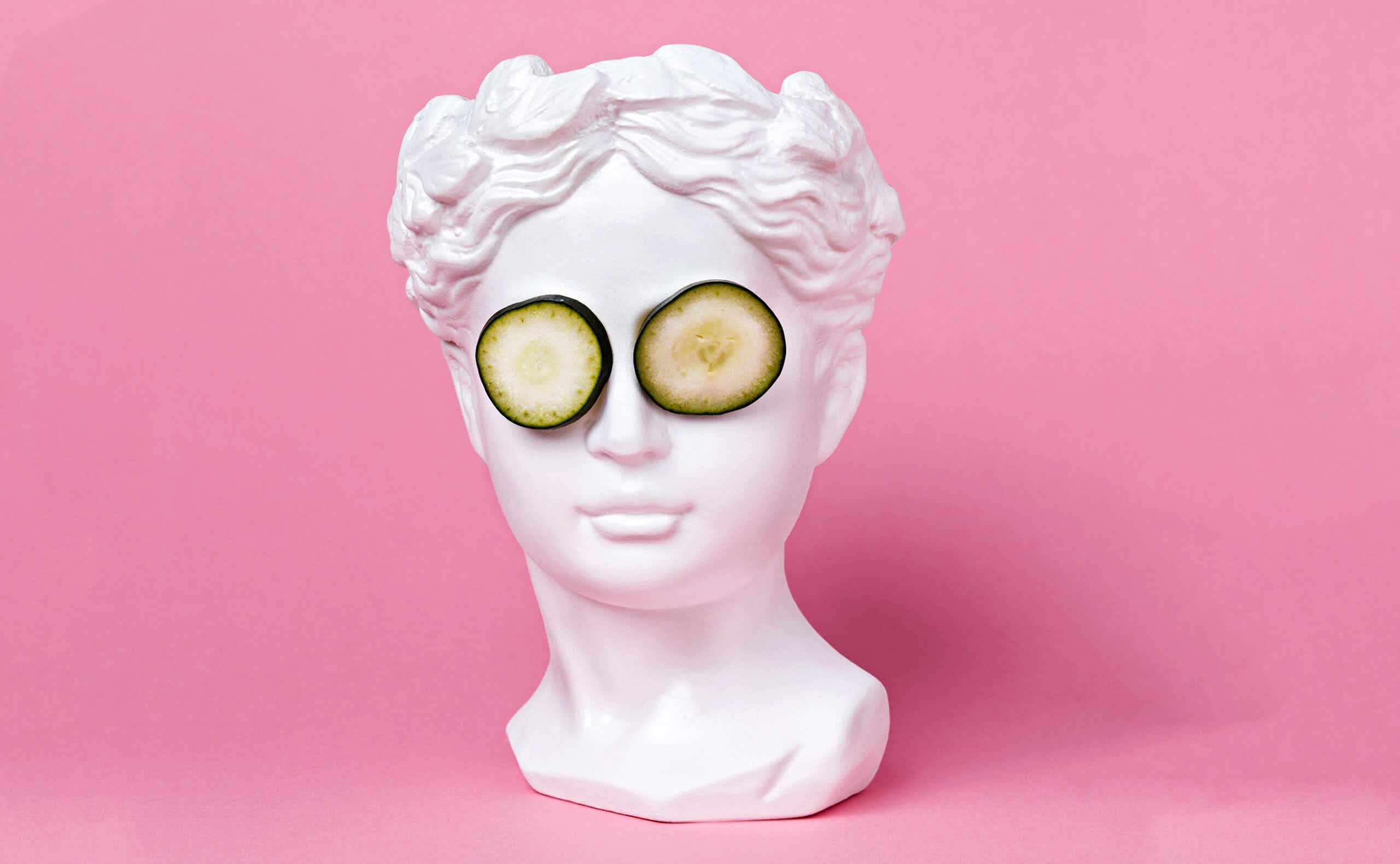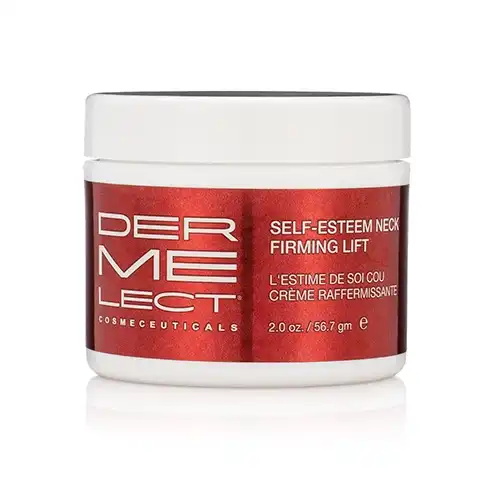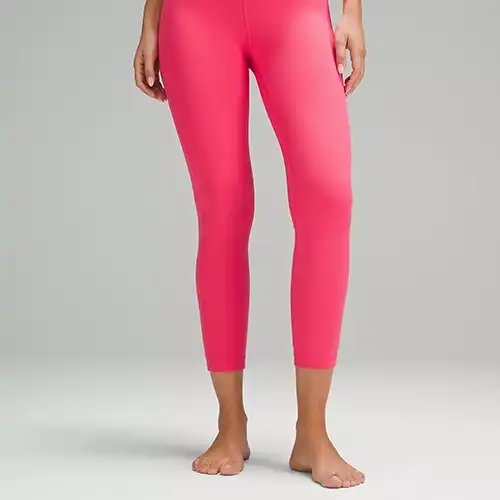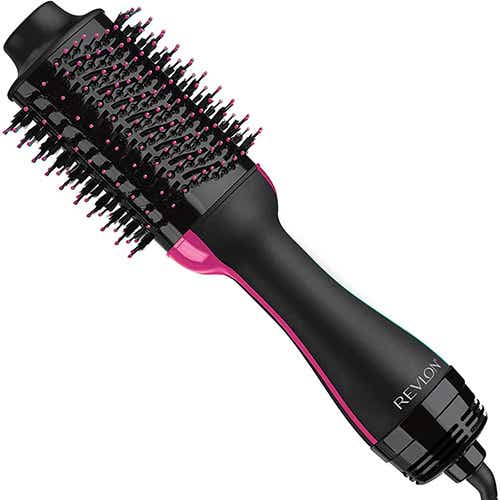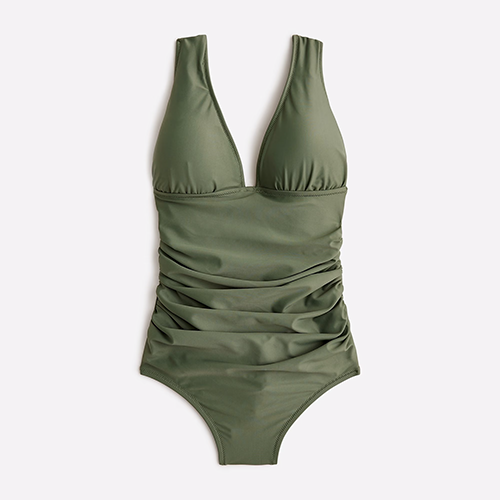Combined with lifestyle choices, these foods can help you refresh a dull complexion.
If you’re trying to eat healthier, you likely have a variety of motivations like disease prevention, easing physical symptoms of big life changes, or boosting mental acuity. But let’s be honest — you probably also want to consume foods that will help you feel confident. That may mean obsessively researching the best meals for maintaining strong and long nails or nourishing hair. But it may also mean that you want to stock up on foods that support dewy, radiant, healthy skin — after all, we’re stuck in it for life. To pinpoint foods that can help your skin feel luminous, we consulted an expert for guidance on the ingredients and food groups you should embrace.
Marisa Moore, RDN, LD starts her advice with a word of caution: No food mentioned in this article will radically transform you overnight.
“One specific food is not going to change your skin,” Moore says. “The skin reflects what’s happening both inside and outside the body, and it’s quite complex.”
While food and water are key to nourishing skin, Moore points out that “sleep, stress management, sun exposure, and other environmental sources can play a role in how the skin appears.” Remember that it’s important to evaluate everything else you’ve got going on while integrating more of these foods into your diet.
The Best Foods for Healthy Skin
Any fruits and veggies are spectacular for skin — but some deserve an honorable mention
We all know that fruits and vegetables are good for us, but Moore says that some are even more effective than others: “When it comes to skin health in particular, certain [vegetables] do play an important role.” And believe it or not, the differentiation is often as simple as the color. Red, orange, and yellow fruits and vegetables have beta keratin in them, which may help with skin health.”
This officially disproves the myth that if you eat too many carrots, your skin will turn orange. So, next time you’re at the grocery store or farmer’s market, add foods like carrots, bell peppers, tomatoes, oranges, papayas, and mangoes to your basket. But adding more of these fruits and vegetables doesn’t mean you should eat less of others.
“Research shows that most people still don’t get enough [fruits and vegetables],” Moore mentions. “Just one in 10 adults gets the recommended number of vegetables per day.” So in addition to focusing on yellow, orange, and red produce, you should up the rest of your intake.
Moore has some tips for loading up your meals with the good stuff: “I recommend starting with whatever’s in season because it’s generally going to be more affordable if you’re buying it fresh. And it’s more available and it tastes really good. [Summer] berries can be enjoyed as a snack right now. The key is making the effort to buy them.”
If you’ve got plenty of vegetables on hand but are guilty of letting them go bad (i.e. a slimy bag of spring mix is currently rotting in your crisper), Moore says you can refresh your produce routine by embracing a new format for produce.
“If you’re on the go this summer, you can make little mason jar salads. I love those, especially for families or people who are super busy. Buy bagged salad greens or baby spinach, then layer in some nuts [into the mason jar]. Put your dressing on the bottom or on the side to avoid sogginess and maybe add some chickpeas for protein. You can make [mason jar salads] while you’re on the phone or while you’re watching TV. You can stash them in the refrigerator and grab one for a quick lunch or an easy picnic meal.”
Lastly, don’t be afraid to add fruits and vegetables to famously meat-centric meals: “If you’re doing any grilling, add some produce to your main meal. If you typically grill chicken or steak, throw on a skewer of veggies. Think about adding peppers, onions, and mushrooms, or make a fruit skewer with big wedges of melons, peaches, or pineapple — they taste really good on the grill and they cook really quickly.”
Healthy fats are key — and one source is surprisingly effective
Is it really a surprise to see salmon on this list? Moore says that this wonder food — among other sources of healthy fats — is full of nutrients that can help support skin.
“Foods that are high in omega-3 fatty acids, such as fatty fish, might help reduce inflammation and keep the skin moisturized from the inside out. It’s also a good source of high-quality protein, vitamin E, and zinc. All of those contribute to healthy skin.”
Looking for a skin-friendly snack or salad dressing? We got you. “I encourage healthy fats, like the ones you get from nuts, avocado, fatty fish, olives, and olive oil,” Moore says.
According to Moore, all nuts are healthy choices, but she points out that almonds are something of a superstar. According to a 2021 study, daily consumption of almonds reduced wrinkles and skin pigmentation among a group of postmenopausal women with lighter skin tones. Plus, another 2021 study of healthy Asian women found that almonds improved skin resistance to ultraviolet-B light (which causes skin damage).
Both of those studies focused on very specific people, so more work is needed to test whether larger groups can benefit, too. But since almonds are full of nutrients like vitamin E, which helps maintain skin health, we’re feeling optimistic.
Limit alcohol and hydrate
Admittedly, water isn’t a food, but Moore recommends upping your hydration intake — and reducing alcohol if necessary. “Getting enough water and being mindful of your alcohol intake is really important to keep your skin looking good,” she says. After all, water can refresh your skin tone.
Artesian and spring waters contain naturally occurring electrolytes and minerals, including silica, which studies have shown can improve skin elasticity and hydration, as well as reduce signs of aging. (FYI, the naturally occurring silica in FIJI Water is what makes for its signature soft, smooth taste.)
In contrast, boozy beverages can leave your skin dry and decrease its elasticity: “We have to remember that alcohol can play a role in impacting our hydration status. And excess alcohol in particular might lead to lower hydration and premature aging. So be very mindful of that.”
That said, Moore reminds us that “[The answer] isn’t just one nutrient or one food.“ Adding or removing an individual food or beverage won’t magically change your whole look in an instant — eating to improve skin health is an overall lifestyle change that lasts a lifetime.







